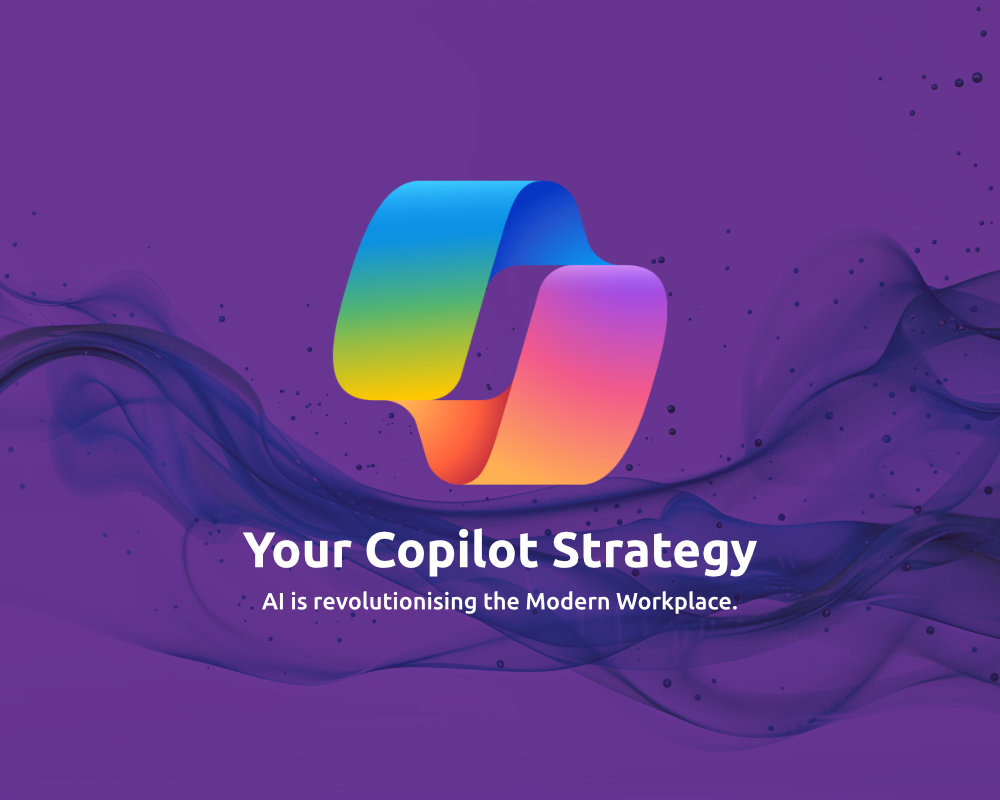Why Sustainability Matters More Than Ever
Gone are the days when sustainability was just another item on the corporate checklist. Today, it’s a core element of business operations, sitting alongside financial performance in terms of importance. This shift is driven by several key factors:
• Investor Confidence: A growing body of research shows that over 70% of investors are more likely to invest in companies with robust sustainability strategies. This trend highlights the increasing importance of environmental, social, and governance (ESG) criteria in investment decisions.
• Regulatory Landscape: The regulatory environment is also catching up, with significant changes on the horizon. For example, the European Union’s Corporate Sustainability Reporting Directive is set to dramatically expand in scope by the end of 2024, potentially affecting around 50,000 companies. This is a substantial increase from current figures and underscores the growing legislative focus on sustainable practices.
• Consumer and Employee Expectations: The demand for sustainability is echoed in consumer behaviour and employment preferences. Approximately 62% of consumers are willing to pay more for products and services from sustainable companies, and 68% of employees favour working for organisations that prioritise environmental responsibility.
Crafting Your Sustainability Roadmap
Adopting a sustainable business model isn’t just about compliance or public image—it’s about ensuring long-term viability and success.
Here’s how your organisation can start its journey towards sustainability:
• Current State Assessment: Begin by evaluating your existing sustainability metrics and understanding your environmental footprint. This initial step is crucial for setting a baseline from which to grow.
• Goal Setting: Develop specific, measurable sustainability goals that complement your overall business strategy. These goals should be ambitious yet achievable.
• Data-Driven Decision Making: Leverage analytics to track your performance, refine initiatives, and measure progress effectively. The integration of data into your sustainability strategies ensures that your efforts are both impactful and aligned with your business objectives.
Collaboration across various departments, including finance, operations, and IT, is essential.
By fostering an integrated approach, your organisation can enhance its operational visibility, crucial for producing accurate sustainability reports and identifying the most effective areas for intervention.
Tools for Your Green Transition
To support your sustainability journey, we offer a comprehensive eBook that outlines how to achieve this integrated approach.
We are committed to our own sustainability goals and have implemented similar initiatives within our organisation to prepare for the future.
To learn how we can assist you in achieving your sustainability objectives and help your business become future-ready, get in touch with us.
By taking proactive steps today, your business can thrive tomorrow.
Let’s embrace a greener future together.


